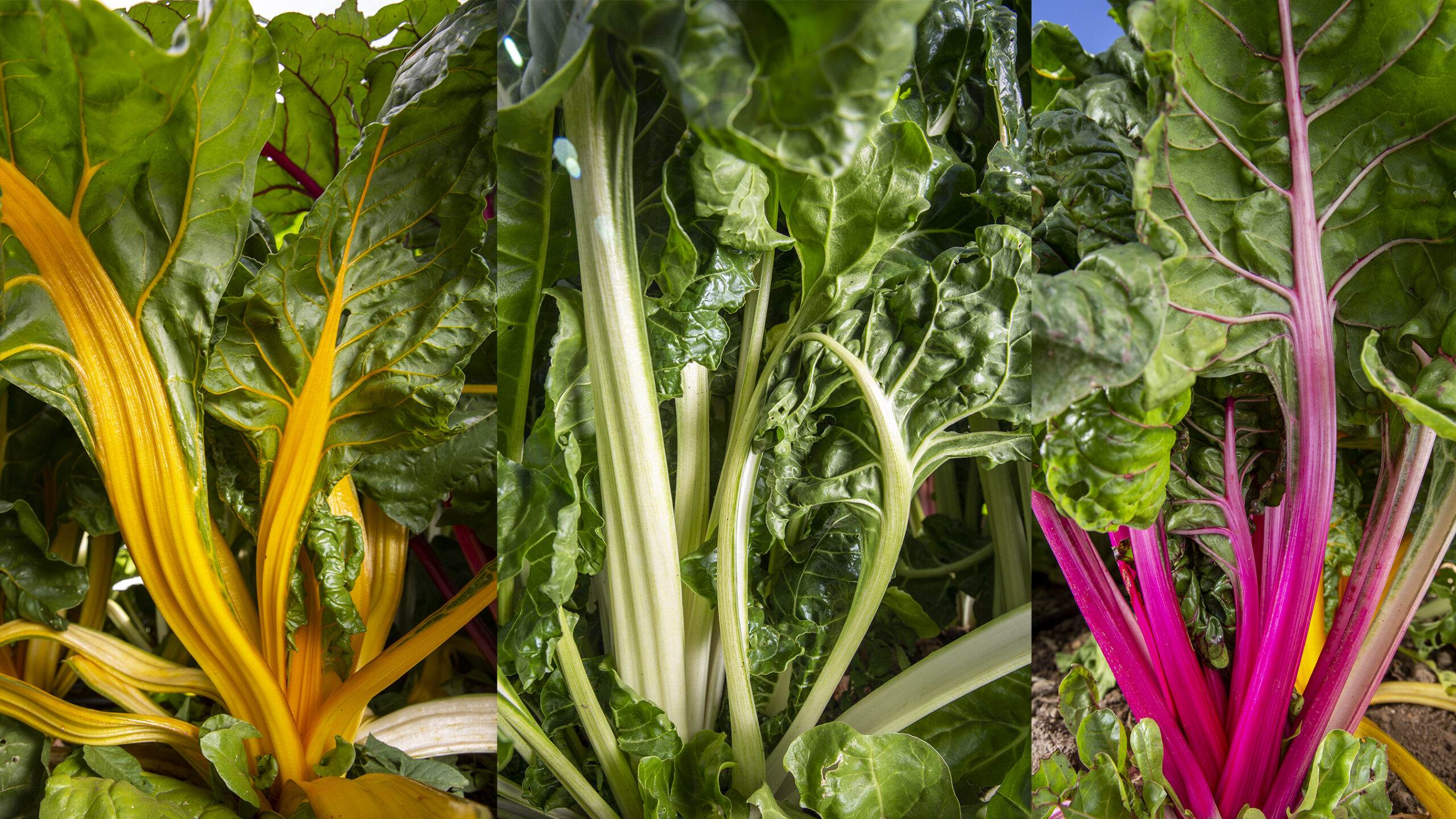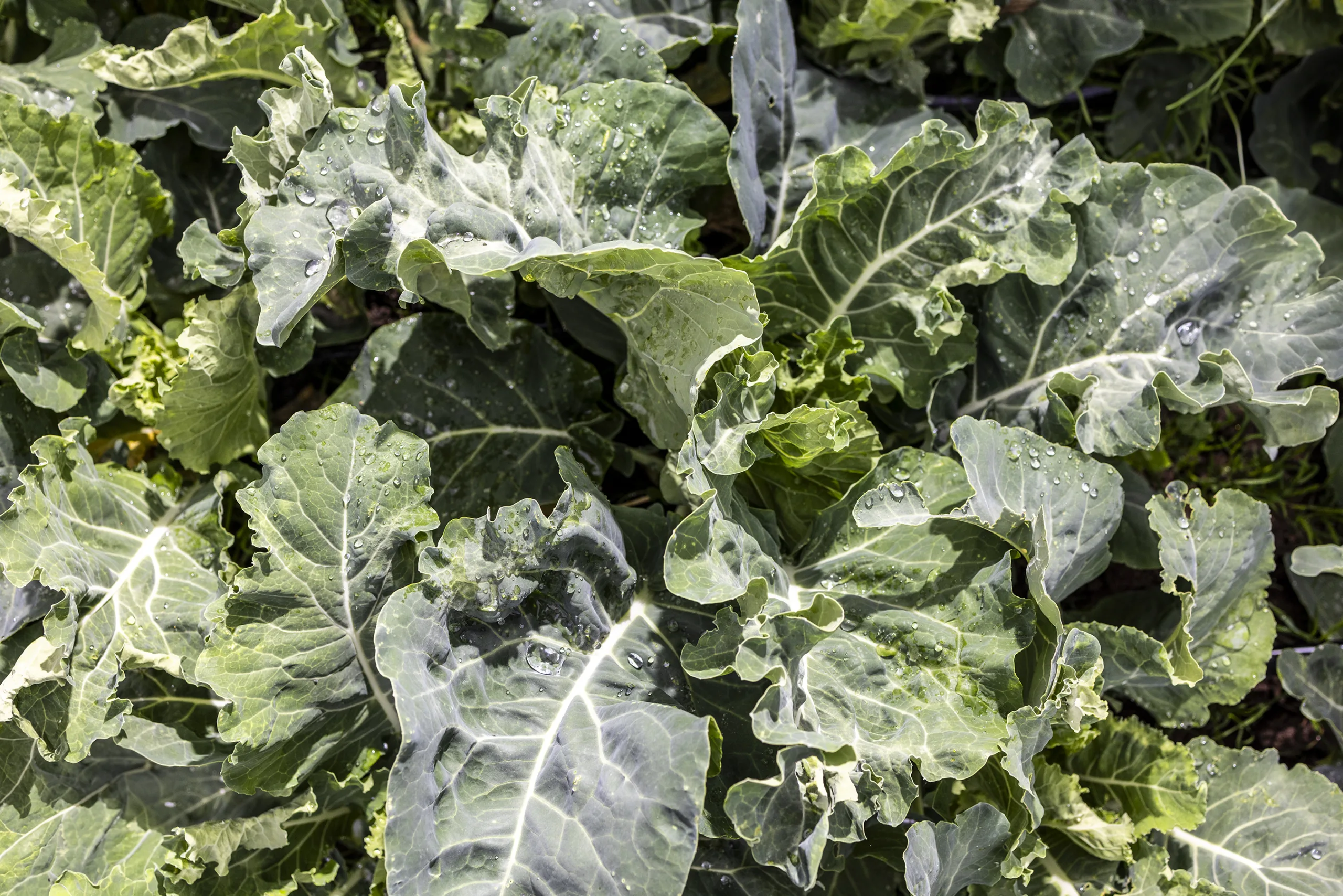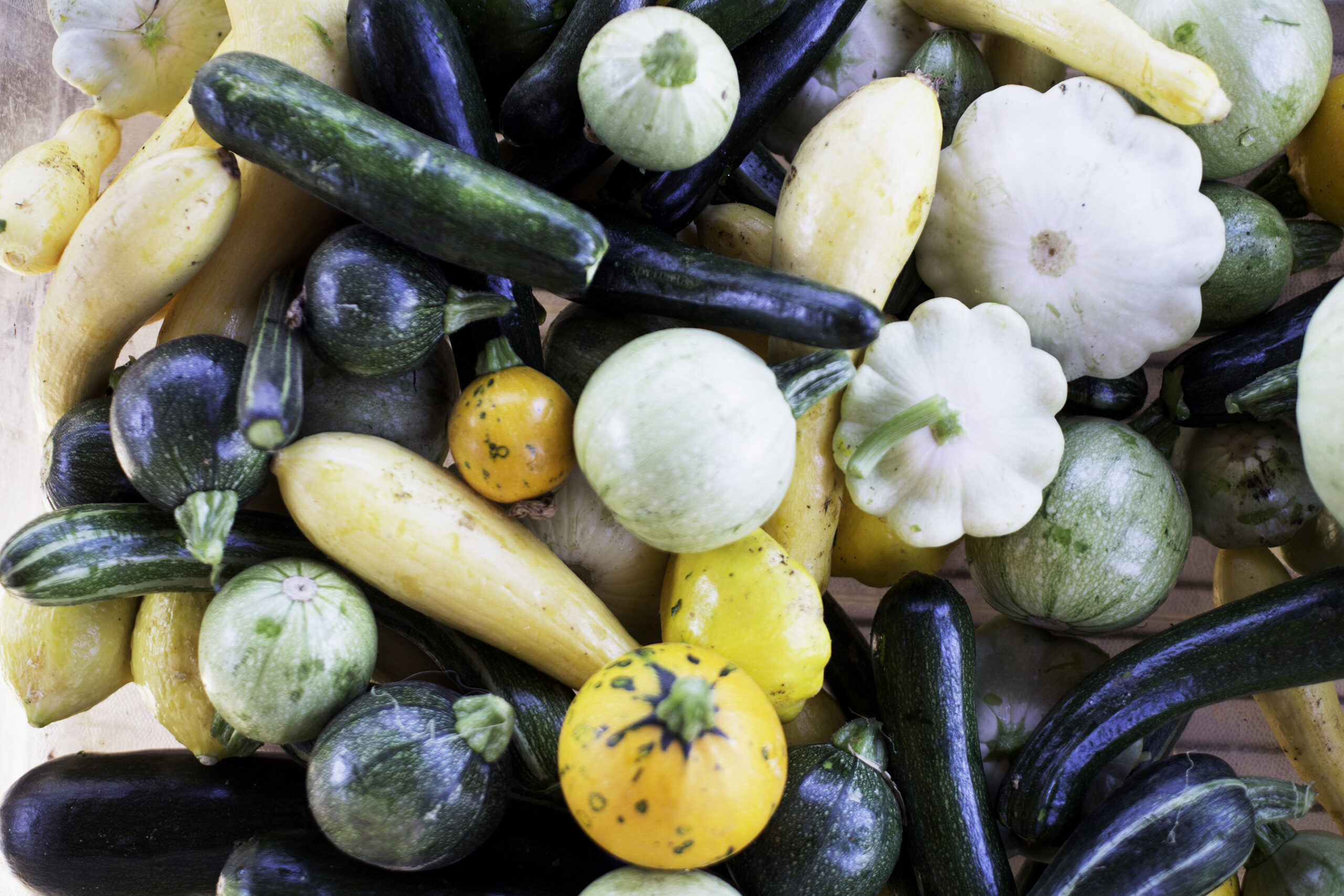Swiss Chard Nutrition and Benefits

Swiss chard is a versatile and beautiful leafy green. A relative of the beet family, Swiss chard has large green leaves with yellow, white, or red stems. Its sturdy leaves are perfect for wrapping up sandwich ingredients, sautéing, or steaming. Need an inspiring recipe? Try our Swiss Chard Chips.
Nutritionally, Swiss chard is rich in nutrients that can reduce inflammation, which in turn can help reduce the reactivity of the immune system. This is particularly important for those with autoimmune disorders. In autoimmune disease, the body attacks its own healthy tissue, creating inflammation. There are often triggers for activating the immune system including food intolerances, stress, lack of sleep, and lack of adequate exercise. We can improve inflammation by removing these triggers and by eating foods like Swiss chard.
Betalains, carotenoids, and flavanols are powerful antioxidants found in Swiss chard that are known to fight cancer. This may be due to the rich variety of potent compounds found in plants and how they interact with one another. One good example is eating foods that contain carotenoids appear to reduce the risk of cancer, while supplementation with beta carotene can increase the risk of cancer, particularly in smokers.
Raw chard is a good source of Vitamin C but cooking it will considerably reduce Vitamin C content. As a source of fiber, cooked chard contains 2-4 grams of fiber in each one-cup serving. With a goal of consuming 25-30 grams of fiber daily, one cup of chard can be a great way to get more fiber and vary the greens in your diet.
Swiss chard has a high content of magnesium which may be important for heart and brain health. About 60% of Americans have low magnesium levels. In the past 100 years, magnesium intake from food has declined from about 450–500 mg per day to 175–225 mg per day in the United States. Low magnesium levels have also been associated with depression, anxiety, high blood pressure, and arrhythmias.
In one interesting study, an extract of swiss chard and buckwheat was given to animals fed a low magnesium diet. The swiss chard/buckwheat extract led to higher levels of magnesium in the brain than those receiving the control diet or other magnesium supplements. In addition, animals showed improvement in anxiety scores. Swiss chard can be a good addition to a brain-healthy diet.
Chard is a great source of Vitamin K which may protect the heart and blood vessels by reducing plaque formation and arterial stiffness. It is also an important nutrient in bone health. Some studies have found that people who eat more foods rich in Vitamin K have fewer hip fractures and stronger bones. In fact, studies on those who consume vegan and vegetarian diets suggest similar bone density to those who consume milk and other animal proteins.
Vitamin K-rich greens, like chard, are often a concern for people taking blood-thinning medication. However, they can be safely consumed if the amount of Vitamin K from these foods and any supplements containing Vitamin K remain about the same from day to day.
A powerhouse of immune-protective nutrients, swiss chard is a great addition to an anti-inflammatory diet.
 Registered Dietician Linda Illingworth is the founder of Nutrition Muse and current Director of Nutrition at Lifewellness Institute in Point Loma, CA. She is responsible for patient clinical care and corporate wellness education for local and international corporations. Using the premise that ‘every molecule in your body is sourced from food’, she focuses on food as the foundation for health. She supports her clients through lifestyle changes to make the most impact on health. As a certified specialist in Sports Nutrition, Linda also has specialized training in food sensitivities, supplementation, wellness, thyroid, and cardiovascular nutrition.
Registered Dietician Linda Illingworth is the founder of Nutrition Muse and current Director of Nutrition at Lifewellness Institute in Point Loma, CA. She is responsible for patient clinical care and corporate wellness education for local and international corporations. Using the premise that ‘every molecule in your body is sourced from food’, she focuses on food as the foundation for health. She supports her clients through lifestyle changes to make the most impact on health. As a certified specialist in Sports Nutrition, Linda also has specialized training in food sensitivities, supplementation, wellness, thyroid, and cardiovascular nutrition.
See more nutritional entries or try this savory Swiss Chard Chips recipe from our Executive Chef, Reyna Venegas.
References:
- El-Khodor BF, James K, Chang Q, et al. Elevation of brain magnesium with Swiss chard and buckwheat extracts in an animal model of reduced magnesium dietary intake [published online ahead of print, 2021 Nov 3]. Nutr Neurosci. 2021;1-12. doi:10.1080/1028415X.2021.1995119
- Gamba M, Raguindin PF, Asllanaj E, et al. Bioactive compounds and nutritional composition of Swiss chard (Beta vulgaris var. ciclaand flavescens): a systematic review. Crit Rev Food Sci Nutr. 2021;61(20):3465-3480. doi:10.1080/10408398.2020.1799326
- Minich DM. A Review of the Science of Colorful, Plant-Based Food and Practical Strategies for “Eating the Rainbow” [published correction appears in J Nutr Metab. 2020 Nov 28;2020:5631762]. J Nutr Metab. 2019;2019:2125070. Published 2019 Jun 2. doi:10.1155/2019/2125070
- Michaëlsson K, Wolk A, Langenskiöld S, et al. Milk intake and risk of mortality and fractures in women and men: cohort studies. BMJ. 2014;349:g6015. Published 2014 Oct 28. doi:10.1136/bmj.g6015
- https://nutritionfacts.org/video/is-milk-good-for-our-bones/


